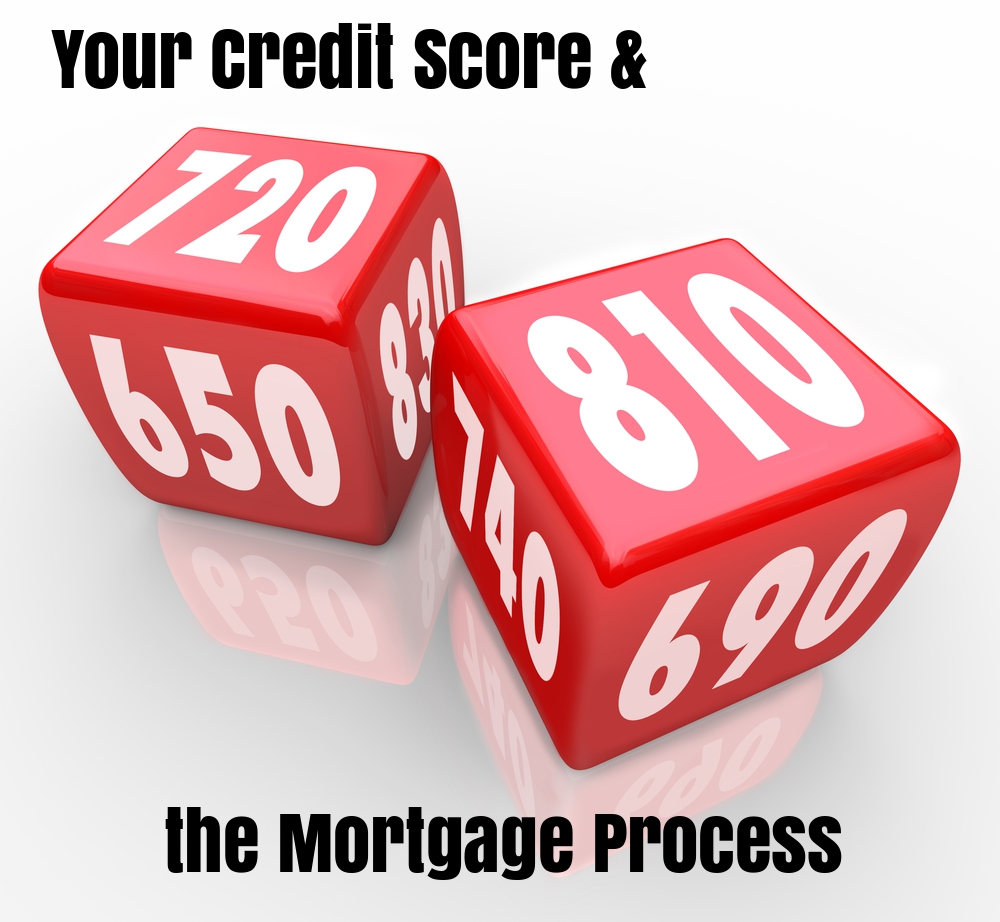
What is a credit score? What does it means to you in regard to obtaining a mortgage?
A credit score is a numerical expression, from 350 to 850, representing the credit worthiness of a borrower. Lenders will use the credit score (among other qualifiers) to determine who can get a loan, what the interest rate will be, and how much is the credit limit.
To a mortgage lender, you are considered a higher risk if your score is low and a low risk if your score is high. Higher risk loans mean that there is a greater chance of the loan defaulting which results in higher interest rates to the buyer.
Who calculates your credit score?
While Fair Isaac Corporation (FICO) developed the credit score formulas and system, the three major national credit bureaus actually determine the content within your credit report: Experian, Equifax, and Transunion.
Where can you get your credit score?
You can obtain your credit score from Experian, Equifax, or Transunion. Also, with a simple Google search, you can find a number of other websites that can give you your score.
How can you improve your score?
- Don't apply for more credit than you need.
- Monitor your credit report and score from all three credit bureaus looking for inaccuracies and have invalid information removed.
- Don't open and close credit accounts frequently.
- Don't open too many credit accounts quickly.
- Pay your bills on time.
- Stay current on all of your accounts.
- Keep your balances low in regard to your credit limits.
What do lenders want to know about you?
- Credit report and score
- Past financial history
- Monthly income
- Employment history
- Monthly expenses for credit cards, car payments, and other recurring debt
- Savings and other assets
What does your lender want to know about the property that you want to purchase?
- Legal description. This can be obtained from your Realtor.
- Any claims against the property. A title search is required for this.
- Value. A professional appraisal will have to be done.
- Special insurance requirements (like Flood insurance)
- Termite inspection
- Property survey
What is the difference between a fixed rate & an adjustable rate?
- A fixed rate mortgage has a fixed monthly payment and rate over the lifetime of the loan. So, if you have obtained a 30-year fixed rate mortgage, your principal and interest payments will remain the same for the 30-year period.
- The adjustable rate mortgage (also known as a variable rate mortgage or ARM) has a rate that adjusts according to the index. What's enticing about an ARM is the rate is usually fixed low for a period of time; however, after that time, your rate could change unfavorably.
- Deciding which plan is best for you should be discussed with your mortgage lender considering factors like how long that you plan on staying in your home and your tolerance levels.
What about paying points toward your interest rate?
A point is 1% of the loan amount. Interest rates are charged to the borrower in order to help protect the lender for the money that they are lending. As a borrower you can pay down your interest rate buying a point or more. The cost may be hefty upfront but make sense over the long term. Discuss this with your lender to see if this is the best option for you.
____________________________________________________
About the author: The above Real Estate information on Your Credit Score and the Mortgage Approval Process was provided by Jeff Nelson of eXp Realty Southern Branch. He can be reached via email at jeff@livegulfshoreslocal.com or by phone at 251-654-2523. Jeff has helped people move in and out of properties for nearly 12 years.
Thinking of selling your home? I have a passion for Real Estate and love to share my marketing expertise!
I service Real Estate sales in Baldwin County including the cities of Spanish Fort, Daphne, Fairhope, Foley, Gulf Shores, and Orange Beach.




